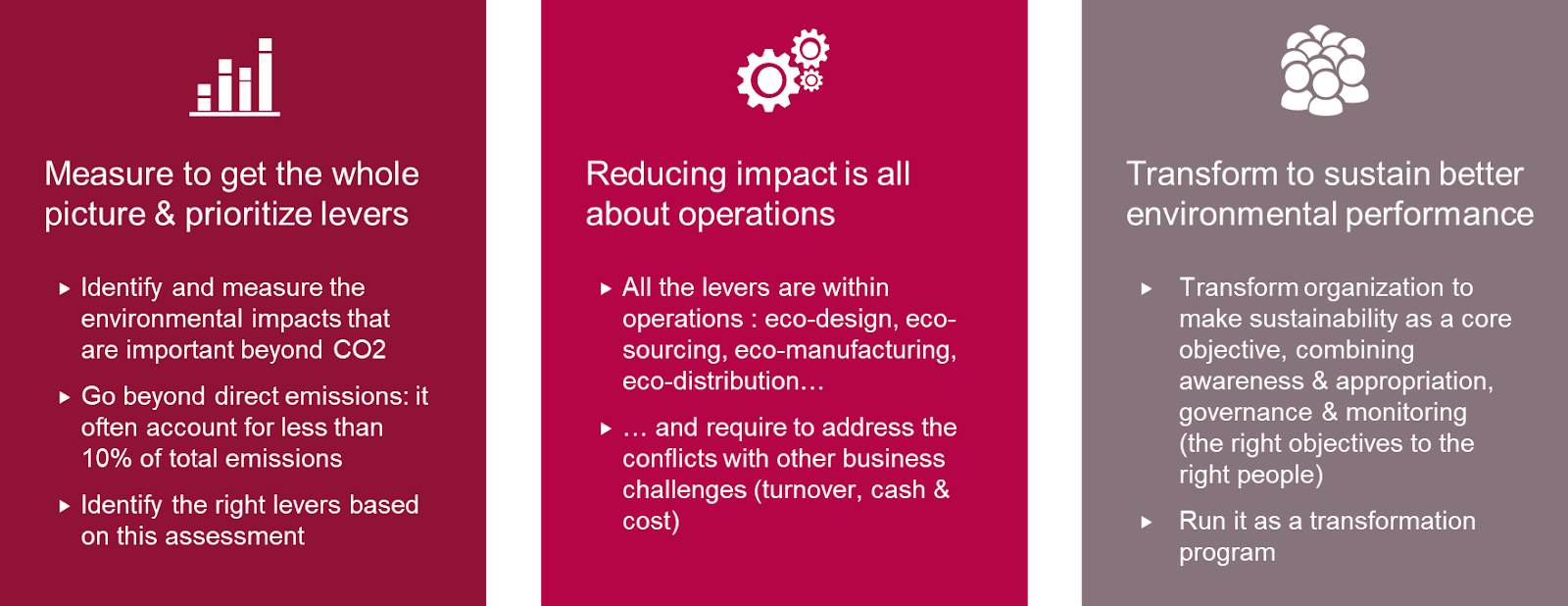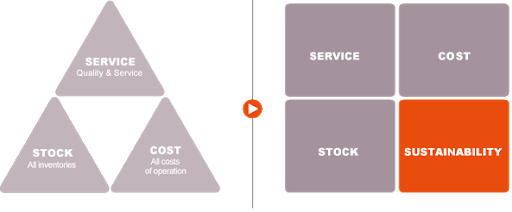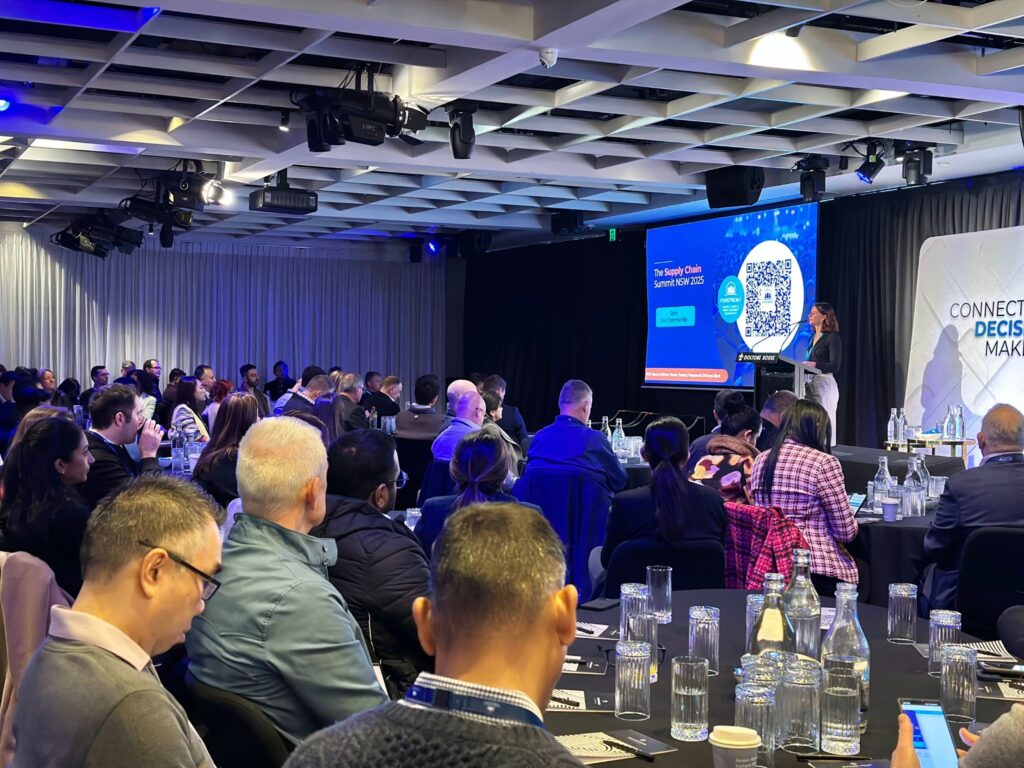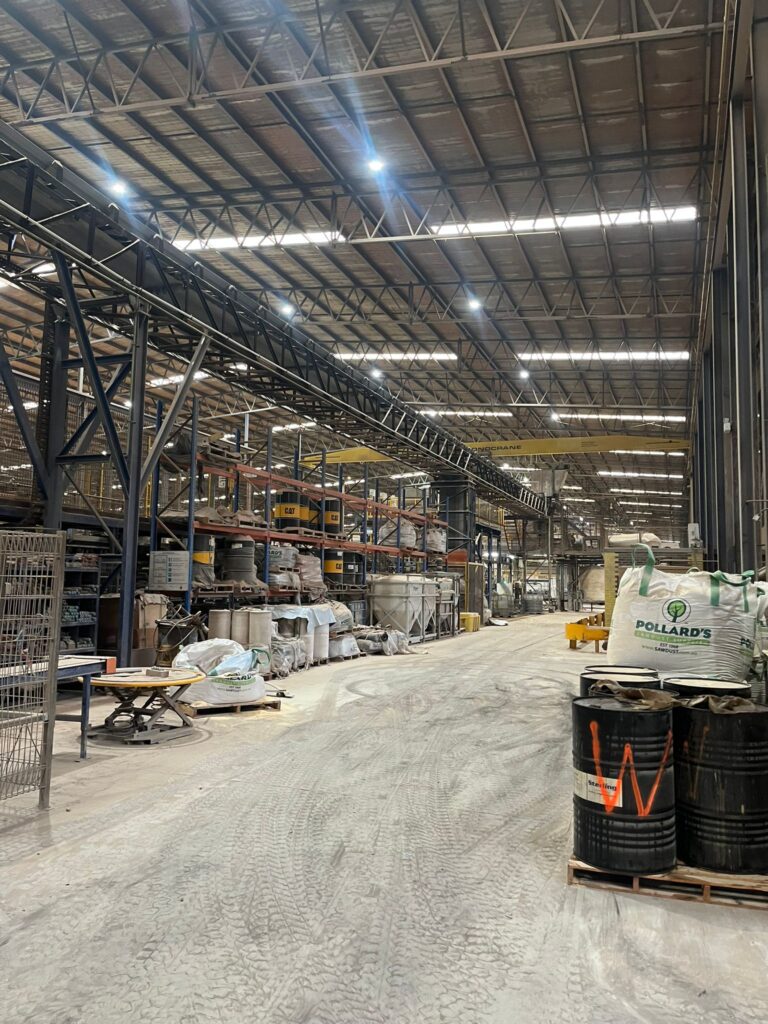It has taken a generational health crisis for nature to remind us just how fragile and inflexible our industrial world has become, and how major disruption to business and life as usual can’t be left to chance or others.
If we had to find a positive impact of this crisis, it has successfully shocked us into taking notice of the much bigger risks of climate change on our economic and social well-being; a social and business awareness that at least in ANZ is outpacing the political and regulatory action.
Globally, government and industry concern for the preservation of the environment in the same way as that of being competitive pre-dates the pandemic. Even so our European colleagues believe the pandemic has accelerated political, social and industry action in an already progressive market.
In consumer facing sectors, such as food or fashion, the environment has even become the main issue, both to take into account the evolution of consumer behaviour who increasingly consider the environmental impact of what they buy, and that of expanding regulations on waste disposal and single use plastics.
Consumers are increasingly attuned to the impact of their actions –and the organisations and brands with which they associate –have on the environment. Sustainability is no longer a ‘nice to do’, but an important ‘must do’ part of conducting business in the changing world.
For ANZ companies, tackling the environmental issue is best managed through their Corporate Social Responsibility (CSR) planning and reporting. Generally this implies focusing on three main sustainability areas which have wide reaching implications on core operations:
- Reducing the environmental impact of each product manufactured, distributed and sold, both direct and indirect
- Avoiding the destruction of unsold or unused intermediate products. Here everything is about agility and performance of the Supply Chain;
- Extending the life of products by making them more robust and more repairable.
Working on all areas essentially means working on the full lifecycle of the products sold, from design through to disposal, repair and recycling, as well as considering the full operational implications at each stage of the lifecycle ie sourcing, manufacturing, distribution and return.
This can prove quite challenging initially, as most organisations only see and have historically only considered the environmental dimension of sustainability within their own direct operations eg: site water recovery & storage, solar powered sites, packaging recycling etc, and generally motivated by cost saving opportunities. Not that these objectives are mutually exclusive but there is a cost and a benefit to end-to-end sustainable operations. Sustainable businesses go beyond the tip of the iceberg and create economic value, healthy ecosystems and strong communities across all stakeholders.
The iceberg effect of our environmental impact

While awareness is growing, there are still gaps in this emerging field of sustainable supply chain operations. Organisations may lack breadth of understanding of their end-to-end environmental impact, as well as the knowledge and skills to identify and prioritise improvement levers like eco-design, supplier selection, reduction of impacts in production, transport optimisation, financial reporting, and many more.
Like any ambitious and complex transformation, it requires strong technical and business expertise to develop the insight, to drive the changes, and to maintain and improve environmental performance.
These convictions drive our services approach and the initial steps we generally support our clients with.
We take a transformational approach to sustainable operations

Sustainable operations will continue to grow in importance at Board and operational management level. It calls not only for immediate attention and action, but also for equal consideration in the operational management prism of cost, service, stock….and now sustainability.
Sustainability – the new player in the operational trade-off prism

Given the emerging importance of this topic to all supply chain professionals we plan to shed light on this green operations transformation through a series of upcoming articles covering our own points of view as well as some leading industry insights….stay tuned!
In the meantime please reach out to us if Sustainable Operations is on your “must do” list this year.








